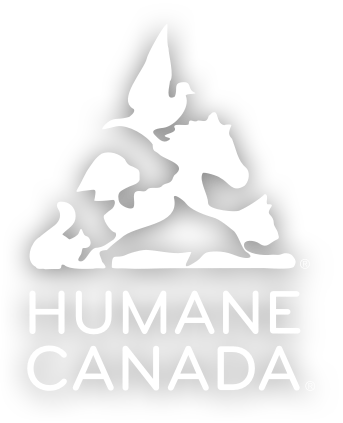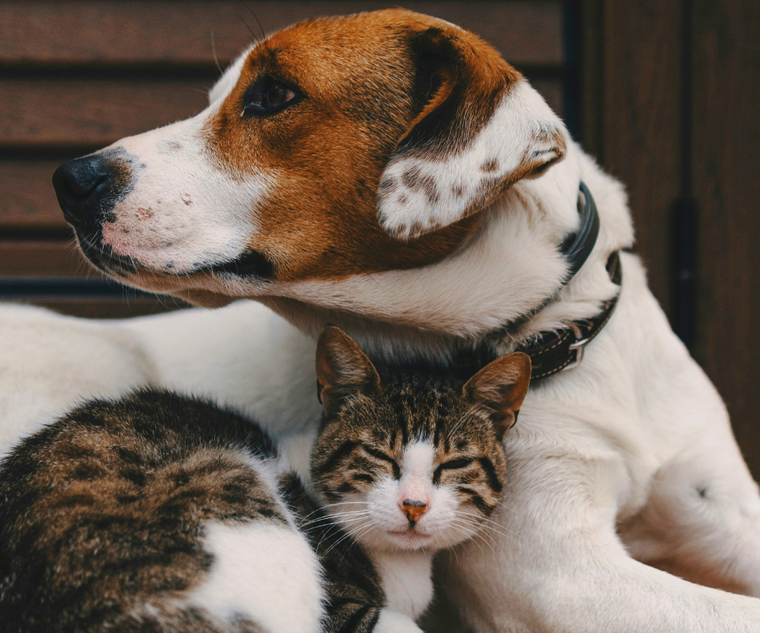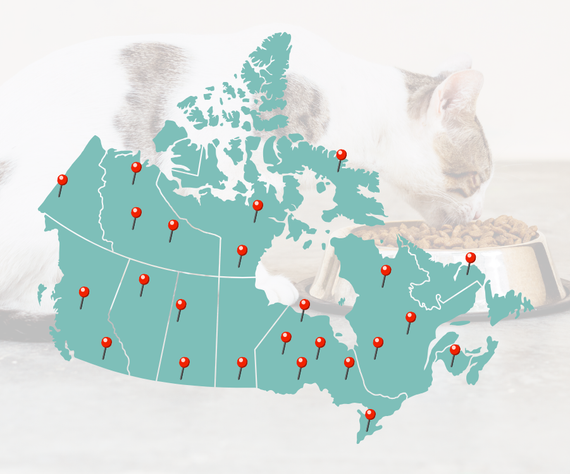News and Reports
Ottawa eyeing new ways to ban export of horses for slaughter in Japan
Ottawa is eyeing fresh ways to ban the export of live horses to Japan for slaughter to produce an expensive sashimi delicacy, after the proroguing of Parliament last month halted a bill sponsored by a Liberal MP that would have outlawed the practice.
The Liberal government is considering introducing regulations blocking the exports so it can keep a 2021 election promise before Canadians return to the polls this year.
An estimated 50,000 horses, many of which are large draft horses, have been exported since 2013, with some journeys exceeding the permitted limit of 28 hours.
In 2022 and 2023, 2,500 live horses a year were flown from Edmonton, Calgary and Winnipeg to Japan for slaughter for their meat, including to produce basashi, an expensive sashimi delicacy.
Animal-welfare groups and several Canadian celebrities, including singer-songwriters Bryan Adams and Jann Arden and classical guitarist Liona Boyd, have been applying pressure on Canada to follow the lead of other countries, including the United States, and ban the export of live horses.
“It breaks my heart that thousands of horses endure extreme suffering in terrifying transports every year, only to die in a senseless slaughter. Horses are not commodities; they are loyal companions,” Ms. Boyd said in a statement.
“As a lifelong horse lover, I can’t stand by while they endure such cruelty. I’m urging the government to honor its promise – Canadians have spoken, and we beseech an end to this suffering now.”
In December, 2021, Prime Minister Justin Trudeau issued a mandate to the then-agriculture minister to ban the export of live horses, to honour the Liberals’ election pledge.
But a private member’s bill banning the export of live horses, supported by the government, was held up in the Senate for months last year, and had not passed the stages required to become law when Parliament was prorogued.
Bill C-355, sponsored by Liberal MP Tim Louis, was sharply criticized by Don Plett, leader of the Conservatives in the Senate, and the Tories are unlikely to support it when Parliament returns, destroying its chances of becoming law before the election this year.
Agriculture Minister Lawrence MacAulay is now looking at other ways to enforce a ban, including by issuing regulations that would not require a vote or debates by the Commons and Senate.
In 2023, Ottawa introduced regulations to ban the import of elephant ivory and rhino horn, including by trophy hunters.
“The Government remains committed to ending the export of live horses by air for slaughter,” Mr. MacAulay’s spokesperson, Annie Cullinan, said in a statement, noting the commitment set out in the minister’s mandate letter and the government’s support of Mr. Louis’s initiative.
“We believe that a legislative change would be the most efficient and concrete way to end this practice, however, given that Parliament is currently prorogued, we are exploring other options.”
Animal-welfare groups have been urging the government to implement a ban before the next election, warning that the Liberals could face accusations of failing to keep their promises.
Kaitlyn Mitchell, director of legal advocacy at Animal Justice, said that “the vast majority of Canadians –across political lines – want a ban, and the government explicitly promised to deliver it.”
“Minister MacAulay has the power to act, whether by introducing regulations now or through a bill when Parliament returns,” she said. “This is a chance to follow through on a commitment that matters to many voters and for the Liberals to show before the next election that they can be trusted to keep their promises.”
But Mr. Plett warned against a ban, and shutting down the export trade in horses for meat.
“When our entire nation is on edge due to the U.S. President’s attack on our export markets, it would be outrageous for this government to pile on by shutting down a premium agricultural export market. This is a time to stand behind our farmers, not be caving in to animal rights extremists,” he said.
A Japanese animal-welfare organization, Life Investigation Agency, last year obtained official government reports of shipments of horses from Canada, including pregnant mares, in crates.
The records, acquired through Japan’s freedom of information laws, showed that some horses had difficulty standing and fell during flight. Some suffered injuries such as a fractured leg, or died on board or in quarantine after arriving in Japan. Several experienced heat stroke, dehydration and physical compression on the journey, with one horse subjected to accidental suffocation.
On one flight from Edmonton in January last year, 85 horses were flown in crates to Kagoshima, and four horses fell within their crates during the flight. A mare was severely injured from the fall and died. Upon arrival in Japan, the three other horses were found collapsed in their crates, and were suffering shortness of breath. Two had injuries so severe they died shortly after arrival.
The Canadian Food Inspection Agency, which monitors the transports and inspects the animals in Canada to ensure welfare standards are adhered to, called the reports troubling when they came to light last year and said it was looking into them.






